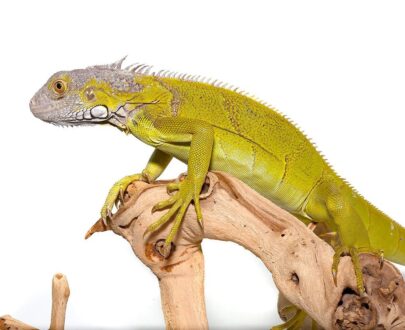- You have no items in your shopping cart
- Subtotal: $0.00
Baby Hypo Iguana
Original price was: $749.99.$699.99Current price is: $699.99.
These Hypo Captive Bred Iguanas Are Approximately 11 To 20 Inches From Head To Tail. These Beauties Have Bight Green Coloration That Is Deep And Vivid, Make Sure Not To Miss Out On These!
Compare







Customer reviews
Reviews
There are no reviews yet.
Write a customer review